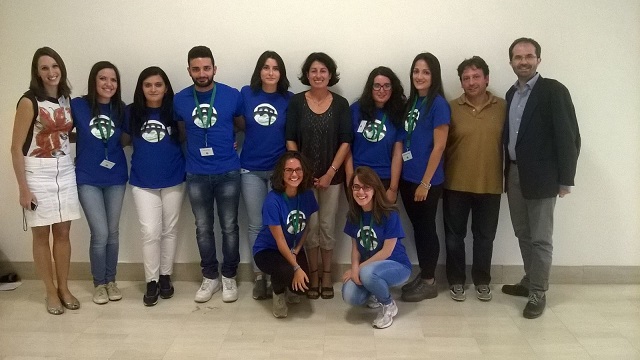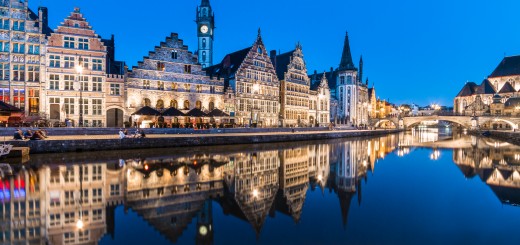Joint Conference of the International Association T2M and Cosmobilities Network
The Dipartimento di Lettere e Beni Culturali will host (14-17 September 2015, Aulario, Via Perla, Santa Maria Capua Vetere, Opening 14 September 2015, Aula 1, 16:15) the Joint Conference of the International Association for the History of Transport, Traffic and Mobility and Cosmobilities Network “The Future of Mobilities: Flows, Transport and Communication”.
The conference theme offers several lines of investigation:
- The future of mobilities in terms of both the future of mobilities studies as well as the future of mobilities itself.
- The question of time-frames, e.g. how research concerning the past and the present of mobility can be linked to the future.
- Mobility in the broader horizon of flows and emergent connections between transport, communication and movements.
- Trans-disciplinary research paths, and related theoretical and methodological issues.
Mobility studies have developed out of different disciplinary trajectories, with some studying mainly the past (e.g., transport history, travel writing), others concerned especially with the present (e.g., geography of mobility, mobile media), and still others looking towards the future (e.g., the new mobilities paradigm, transition studies).
Yet these historical, contemporary, and future-oriented perspectives may all be diachronic in character, interested in processes and projects, rhythms and articulations, transitions and transformations, evolutions and revolutions. This conference proposes to investigate how we might bring these three streams together into an over-arching project of mobility studies.
Established in the 1950s and 1960s, future studies have been taken more seriously within economic fields, which have had the greatest influence on public policy. Although the action of forecasting often relies on the elaboration of historical and current trends, too often social scientists and humanities scholars have played a marginal role in futurology. Additionally, planning and policy in the mobilities field is still largely dominated by the technological fix approach, in which social sciences and humanities remain peripheral. Yet the emerging interdisciplinary mobilities studies suggest that learning lessons from the past and paying attention to the path dependency of developments provides a deeper understanding. In practice, a richer perspective on past and present mobilities could help inform visions of the future and enable more sustainable, equitable, and holistic future oriented solutions.
The conference aims, however, not only to debate the future of mobilities per se and the risks and chances of the mobilization of modern worlds. It also considers – in a self-reflexive way –the future of mobility studies as well as the opportunities and limits of a wider trans-disciplinary cooperation among the different research tribes.
The 2015 conference theme also openly challenges the traditional division of study among transport, communication and flows (e.g., of water and sewage, of knowledge and money, of rubbish and debris etc.). The entangled relation among those elements calls on scholars to extend our investigations in multiple directions, while also being cognizant of the greater interdependency we expect they will have in the future.
As we breach traditional disciplinary boundaries and tread on others’ territory, we raise new theoretical and methodological questions, presenting opportunities and challenges.
The questions linked to the conference theme include (but are not limited to):
How do we envision and perceive the future of mobilities?
- What economic, technological, and policy perspectives should we adopt?
- What role will be played by environmental issues?
- How will gender and other social disparities shape mobility futures and inform mobility studies in the future?
- What is the role of social science and humanities research scholarships and education in relation to policy makers, industries, governments and civil society?
- How relevant can an inquiry into retrospective futures be, e.g. an historical study of the future envisioned in the past, including fiction and science fictions?
- How can – or even should – comprehensive mobility studies shape future mobility landscapes and lives and in what directions?
- What methods would improve our study of the intertwined connections of flows, transport and communication?



Commenti recenti